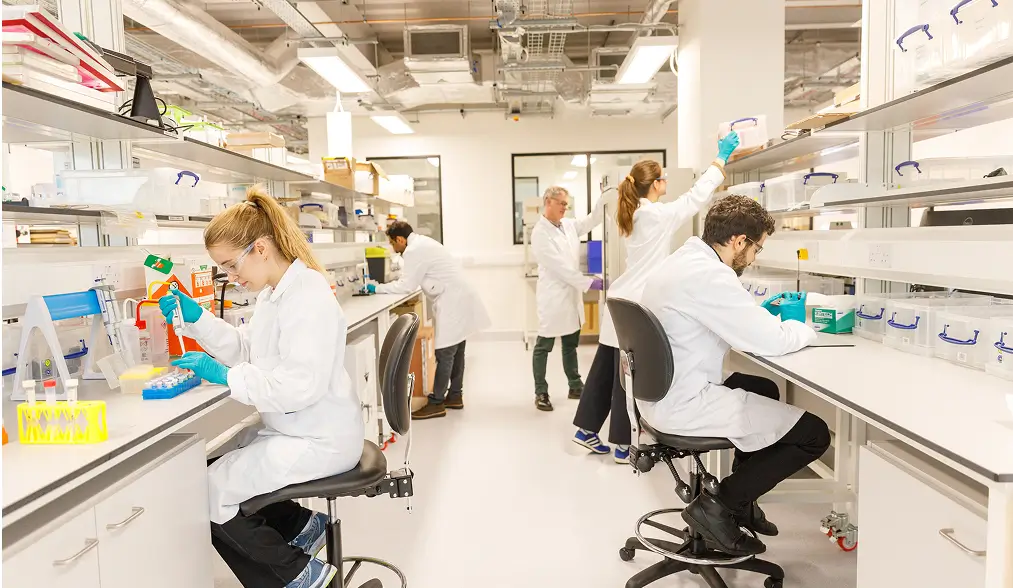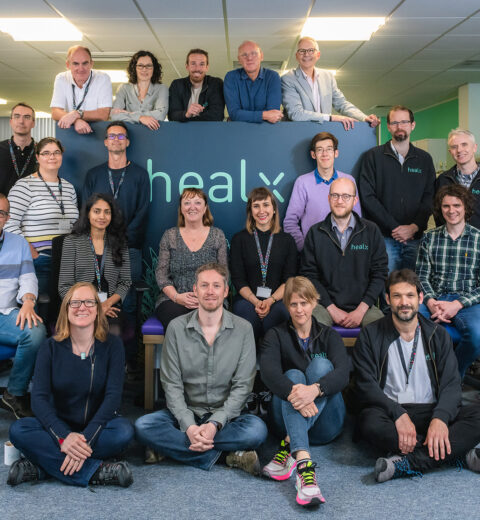
London-based life sciences startup, Portal Biotech has secured £27.5 million ($35 million) in Series A funding, led by the NATO Innovation Fund and London-based Hoxton Ventures. The company is developing portable protein sequencing tools designed to detect engineered biological materials – a growing priority for defence, pandemic response, and environmental monitoring.
Portal is pioneering a new approach based on proteomics – the direct analysis of proteins – rather than relying solely on genomics, which focuses on DNA and RNA. This distinction matters in biodefence and synthetic biology: while genetic sequencing looks at an organism’s blueprint, protein-level analysis can reveal functional changes and engineered modifications that might not be detectable through genomics alone.
Though still relatively early-stage, Portal has gained recognition within UK biosecurity and synthetic biology circles. Its handheld diagnostic devices are being designed for use in field environments, enabling rapid detection without the need for cold storage or lab infrastructure – making them practical for frontline responders, defence teams, and health agencies.
The investment marks one of the NATO Innovation Fund’s first UK-based deals. The €1 billion fund, launched in 2023, is Europe’s first multi-sovereign venture capital fund focused on dual-use technologies that serve both civilian and military needs. Portal’s selection suggests growing NATO confidence in the UK’s ability to lead on biodefence innovation.
This funding comes at a time when the UK is scaling up its national biosecurity capabilities. Just last week, the government pledged £1 billion ($1.26 billion) to develop a new National Biosecurity Centre in Surrey, expected to be operational by 2033. The move reflects wider concerns over global bio-risks – from synthetic viruses and state-sponsored bioengineering to accidental lab leaks.
As synthetic biology becomes cheaper and more powerful, the risk of engineered biological threats – whether accidental or deliberate – is no longer hypothetical. Tools like Portal’s could play a critical role in future outbreak response, providing rapid, portable verification of whether a biological material has been engineered or is naturally occurring.
The company plans to use the funding to expand its scientific and engineering teams, scale up its sequencing platform, and work closely with governments and multilateral agencies on real-world trials and deployment.
Latest News Feed:





